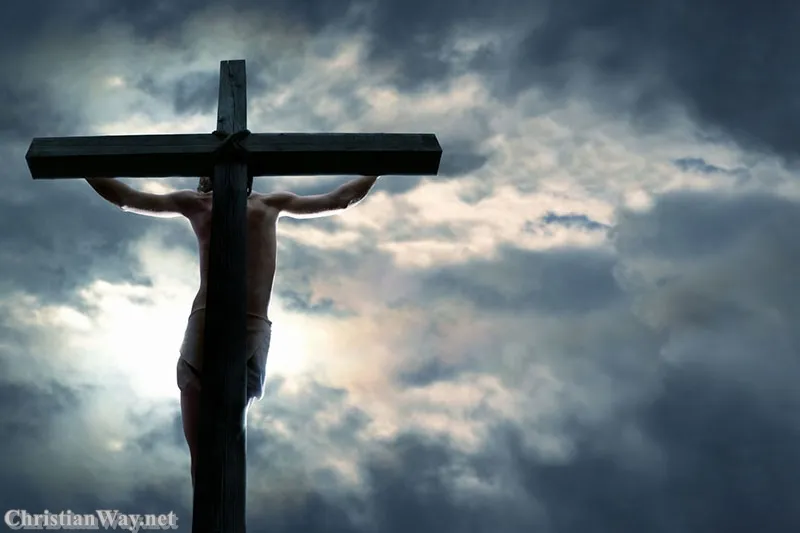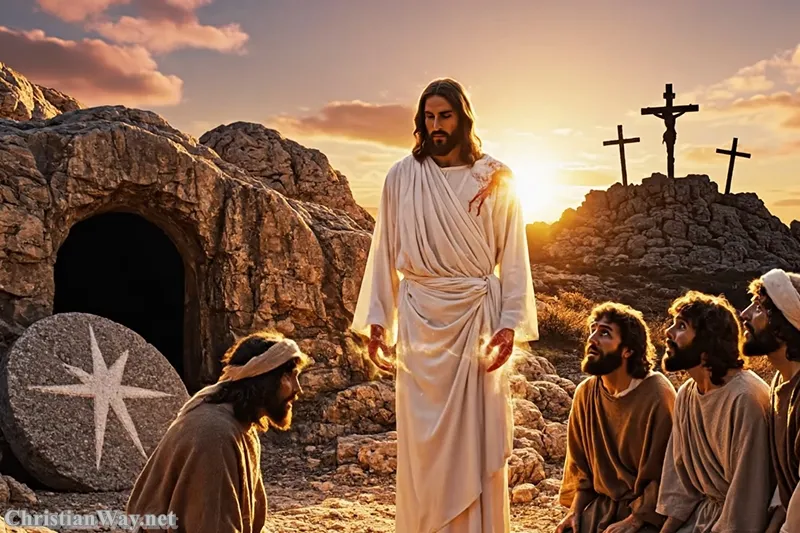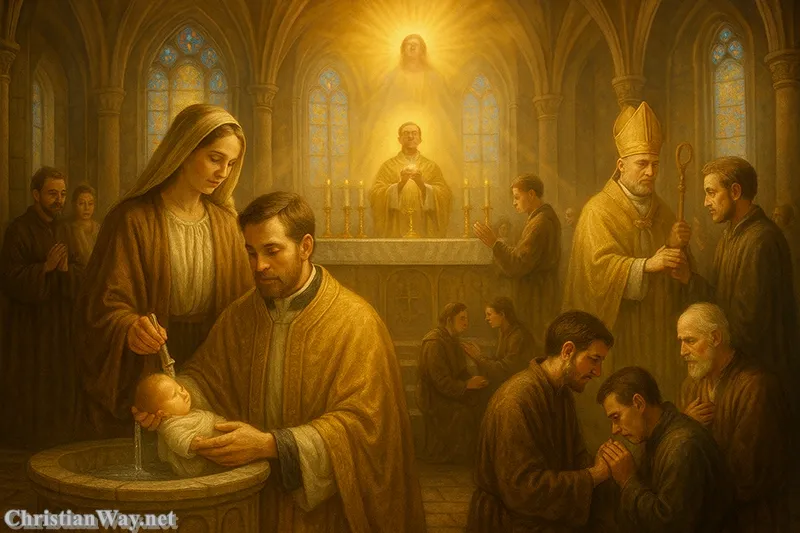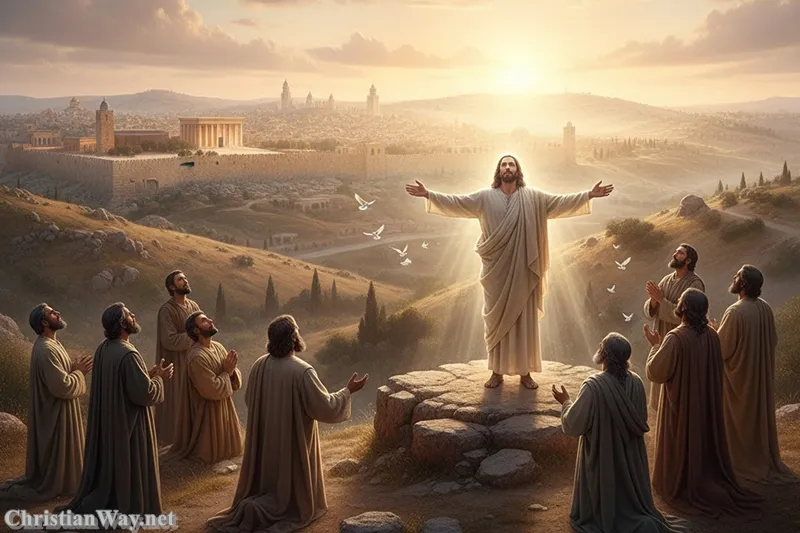Dear friends in Christ,
Every disciple of Jesus carries a unique story — a journey shaped by grace, by questions, and by the quiet courage to follow when the path is not yet clear. Among the Twelve Apostles, Saint Philip stands as one whose heart was both inquisitive and sincere. He was not the loudest or most celebrated, yet in his steadfastness and faith, Philip the Apostle became a model for all who seek Christ with honest longing.
Philip reminds us that discipleship is not about grandeur or fame, but about being willing to listen, to invite others to “come and see,” and to remain faithful even when understanding is incomplete. His life — woven through the Gospels with moments of simplicity and wonder — invites us to reflect on what it means to believe with both the mind and the heart.
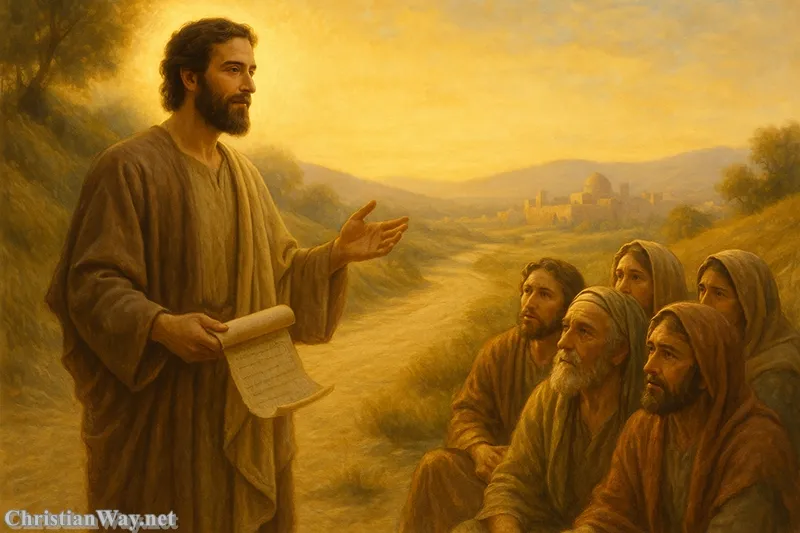
Let us journey together through the life and witness of St. Philip, that we may discover how faith grows through encounter, service, and the humble desire to know Jesus more deeply.
The Calling of Saint Philip: A Personal Invitation from the Lord
The story of Saint Philip the Apostle begins in the Gospel of John, where Jesus, finding him in Galilee, simply says: “Follow me” (John 1:43). With these two words, Philip’s life is changed forever.
The Simplicity of Obedience
Unlike some of the other Apostles, we hear no hesitation or resistance from Philip. He does not ask, “Where are we going?” or “What will this mean for me?” He simply follows. His response is one of pure, trusting obedience — the kind that springs from a heart ready to believe that God is near.
In that moment, Philip becomes one of the first disciples called personally by Christ. He stands at the dawn of a new age, when the Messiah walks among His people. His readiness to follow teaches us a vital truth: faith often begins not with understanding, but with trust.
Sharing the Good News: “Come and See”
Immediately after encountering Jesus, Philip the Apostle seeks out his friend Nathanael and says: “We have found Him of whom Moses in the Law and also the prophets wrote — Jesus of Nazareth, the son of Joseph” (John 1:45).
When Nathanael responds skeptically, “Can anything good come out of Nazareth?”, Philip does not argue. He simply invites: “Come and see.”
These words — so small, yet so profound — summarize the very heart of Christian evangelization. Philip does not claim to have all the answers; he only bears witness to what he has found. The disciple’s mission is not to convince, but to invite — to open the door and let Christ reveal Himself to those who come.
A Faith That Seeks Understanding
Philip’s journey shows us that faith is not blind. He is thoughtful, inquisitive, and sincere in his desire to understand the mystery before him. His questions to Jesus, preserved in the Gospel, are not marks of doubt but of deep longing.
“Where Are We to Buy Bread?”
In John 6, when Jesus sees the great crowd coming toward Him, He turns to Philip and asks: “Where are we to buy bread, so that these people may eat?” (John 6:5). The Gospel notes that Jesus said this to test him, “for He Himself knew what He would do.”
Philip replies with practical realism: “Two hundred denarii worth of bread would not be enough for each of them to get a little.”
Philip looks at the crowd and sees impossibility. Jesus looks at the same crowd and sees opportunity — an opening for divine power to feed the hungry. In this encounter, Philip’s natural reasoning meets the boundless compassion of Christ.
Faith begins where calculation ends. Through this moment, Philip — and all of us — are invited to see that the Lord’s generosity exceeds what human means can accomplish.
“Show Us the Father”
Later, during the Last Supper, Philip speaks again: “Lord, show us the Father, and we shall be satisfied” (John 14:8). His request is tender, almost childlike. It reveals a heart that longs to see the fullness of God’s glory.
Jesus replies with words that echo through the ages: “He who has seen Me has seen the Father” (John 14:9).
Here, the mystery of the Incarnation unfolds before Philip — and before us all. In Christ, the invisible God becomes visible; in the face of Jesus, we behold the Father’s love. Philip’s question becomes a doorway to one of the deepest revelations of Christian faith: that the Son and the Father are one.
Saint Philip in the Early Church
Tradition tells us that St. Philip continued his mission with great zeal after the Resurrection and Ascension of Christ. He is often associated with missionary work in regions such as Phrygia (modern-day Turkey), where he is believed to have preached the Gospel and suffered martyrdom for his faith.
The Missionary Spirit
Philip’s missionary life embodies what it means to be sent. The same man who once said, “Come and see,” now goes forth to invite entire nations to encounter the living Christ. The grace that began in a simple “yes” to Jesus’ call matures into bold witness and sacrificial love.
Wherever he went, Philip the Apostle carried the memory of the Lord’s words, the power of His miracles, and the light of His resurrection. He lived as a man convinced that Christ’s love could reach even the most distant heart.
His Martyrdom and Legacy
Ancient Christian writings and Church tradition describe Saint Philip as one who sealed his faith with his blood. While details differ among sources, many recount that he was crucified upside down, or bound to a cross, in the city of Hierapolis. Yet even in his death, he proclaimed the victory of Christ.
Martyrdom, for Philip, was not a tragedy but the crown of discipleship. It was the completion of the invitation he once gave to Nathanael — “Come and see.” Now, through his suffering, the world would see the power of love stronger than death.
Lessons from the Life of Saint Philip
The life of St. Philip the Apostle continues to speak across centuries. His story offers us enduring lessons about what it means to be a follower of Christ in our own time.
1. Faith Begins with Encounter
Philip reminds us that Christian faith starts not with doctrines or arguments, but with an encounter — a meeting between the human heart and the living Christ. Before Philip preached or questioned, he first heard the Lord say, “Follow Me.”
In our own lives, too, faith is born from encounter. It is not something we create by effort, but something awakened when we experience the nearness of Jesus.
2. The Power of Invitation
“Come and see” — these three words define Philip’s apostolic spirit. They are the essence of evangelization. Every Christian, like Philip, is called to be an inviter: to point toward Christ not through debate or superiority, but through humble witness.
In our families, workplaces, and communities, the invitation might take many forms — a listening ear, a word of hope, a quiet example of integrity and prayer. Yet every such act becomes a doorway through which others may glimpse Christ.
3. Faith That Thinks and Questions
Philip’s questions show that faith and reason are not enemies. Jesus does not rebuke Philip for asking; He reveals deeper truth through those very questions.
The Church has always upheld this harmony between faith and intellect. As Saint Anselm would later write, “Faith seeks understanding.” Like Philip, we are invited to bring our questions to the Lord, trusting that every sincere search for truth leads us closer to Him.
4. The Path of Sacrifice
Philip’s martyrdom reminds us that love and sacrifice are inseparable. The disciple who once followed in obedience and invited others in gentleness ultimately gave his life for the Gospel.
In our own time, discipleship still asks for courage — not always through physical martyrdom, but through the daily offering of self: choosing forgiveness over resentment, truth over comfort, faith over fear.
Saint Philip and the Heart of Christian Evangelization
A Model of Humble Mission
In Philip’s quiet example, we see the pattern of true evangelization. He is not a preacher of himself, but a messenger of Christ. His simplicity mirrors that of the early Church — a community of believers who lived not by strategy, but by love.
His approach — “Come and see” — reflects the gentle power of witness. It respects human freedom, inviting others to discover for themselves the beauty of God’s truth.
The Modern Call to “Come and See”
In a world overwhelmed by noise and argument, the witness of Saint Philip speaks with fresh clarity. Today, people long not for words alone, but for authenticity — for lives that reflect the reality of God’s presence.
To live like Philip means to let our lives become invitations. It means showing, through patience and kindness, that the Gospel is not a theory but a way of life.
The Spiritual Symbolism of Saint Philip
Throughout Christian art and tradition, St. Philip is often depicted holding a cross or a basket of loaves — symbols of his participation in Christ’s miracles and his martyrdom. Each symbol carries spiritual meaning that invites contemplation.
The Cross: The Sign of Perfect Love
The cross in Philip’s hand reminds us that discipleship always leads to the cross. Yet it is not a symbol of defeat, but of transformation — the place where human suffering becomes the doorway to resurrection.
The Loaves: The Compassionate Heart
Philip’s role in the feeding of the five thousand also reflects the call to serve. It was he who first voiced concern about the people’s hunger. In that moment, we glimpse the heart of a true shepherd — one who sees human need and brings it to the Lord.
As followers of Christ, we too are called to bring the world’s hunger — for truth, for love, for peace — before God, trusting that He alone can satisfy.
The Feast of Saint Philip
The Church celebrates Saint Philip the Apostle together with Saint James the Less on May 3rd (in the Western tradition) and on November 14th (in the Eastern Churches). Their shared feast is a reminder of the communion of saints — that every follower of Christ is united in one faith, one mission, and one eternal hope.
On this day, the faithful recall Philip’s zeal and his desire to see the Father. The liturgical prayers of the day often echo his own words: “Show us the Father, and we shall be satisfied.”
In celebrating his feast, we are reminded that every Eucharist is the fulfillment of that request. In the Body and Blood of Christ, the Father’s love is made visible and near.
Reflect and Pray
Saint Philip’s life invites us to a deeper simplicity — to believe, to invite, and to love without condition. He shows us that the way to know the Father is through Christ, and the way to bring others to Christ is through humble witness.
May his intercession strengthen our faith, enlighten our understanding, and make us courageous in sharing the Gospel.
Prayer:
Lord Jesus Christ,
You called Saint Philip to follow You in faith and to bear witness to Your love.
Teach us to listen to Your voice with the same readiness of heart.
Help us to say with our lives, “Come and see,”
So that others may encounter Your truth and peace through us.Through the intercession of Saint Philip the Apostle,
May we grow in faith, serve with joy, and love without fear.Amen.
— Fr. John Matthew, for Christian Way


